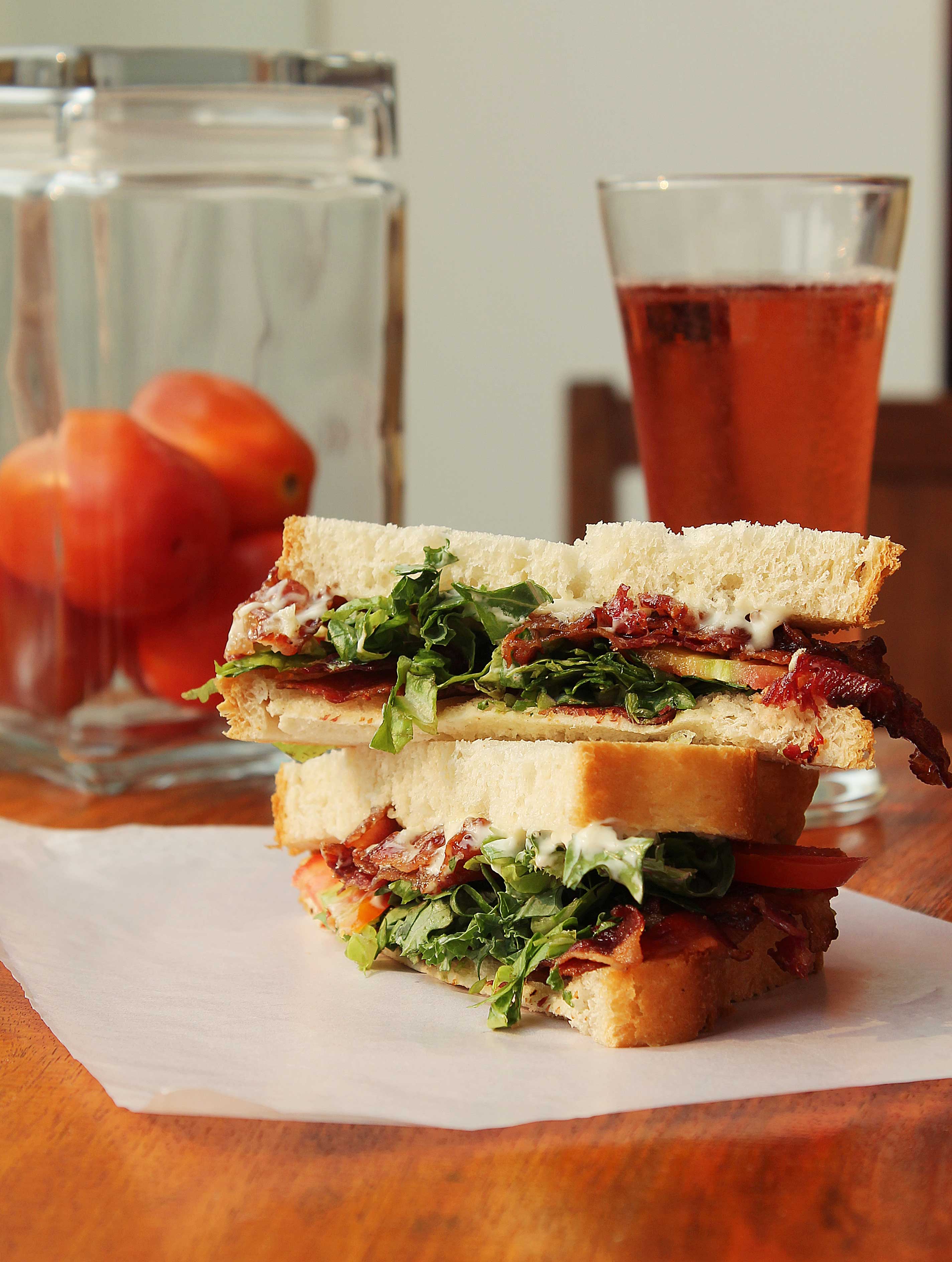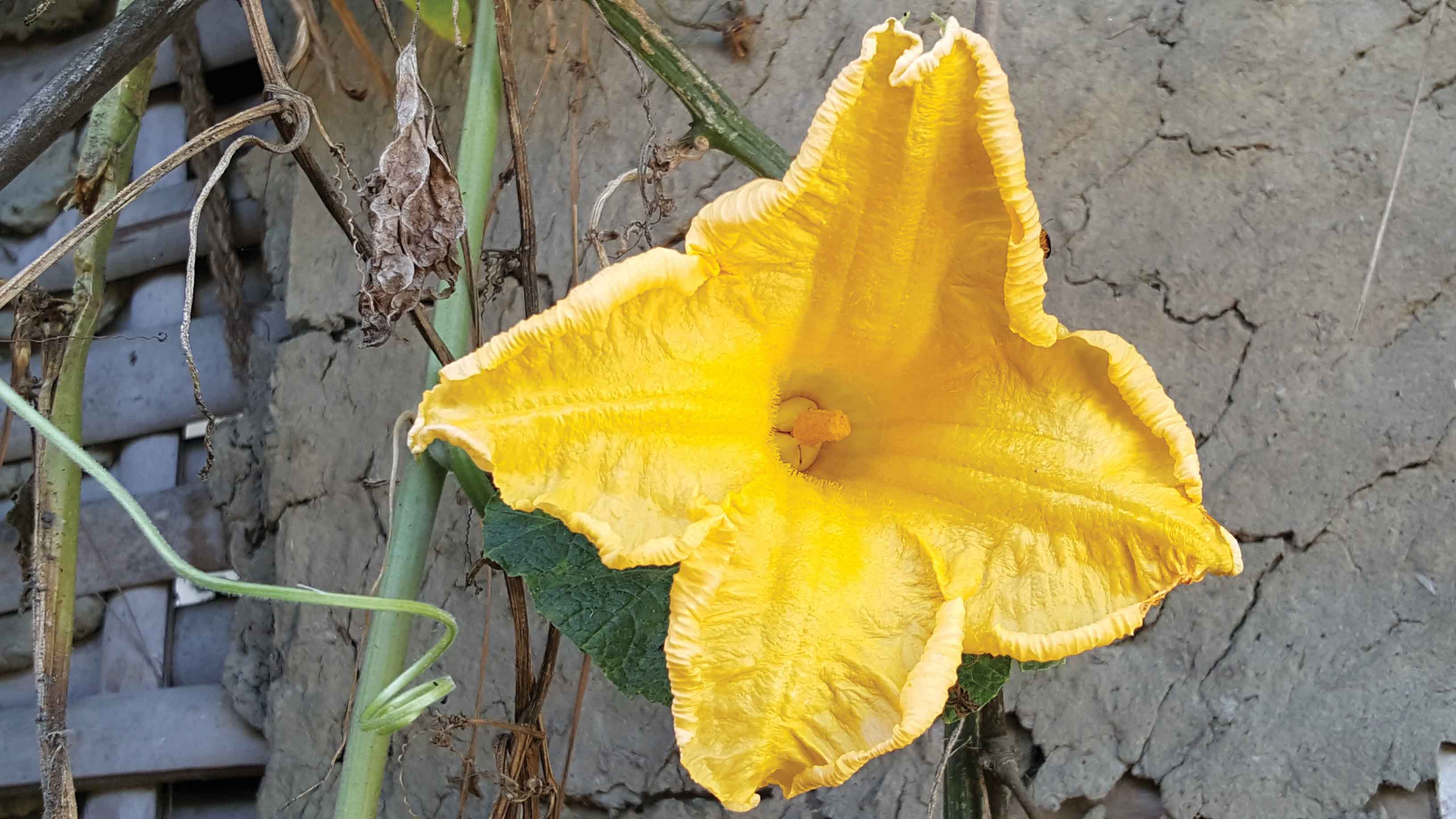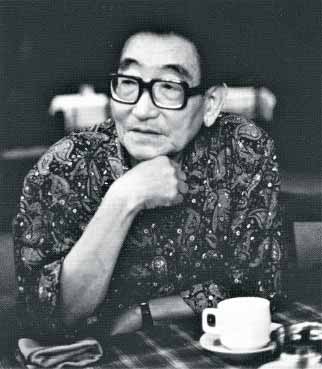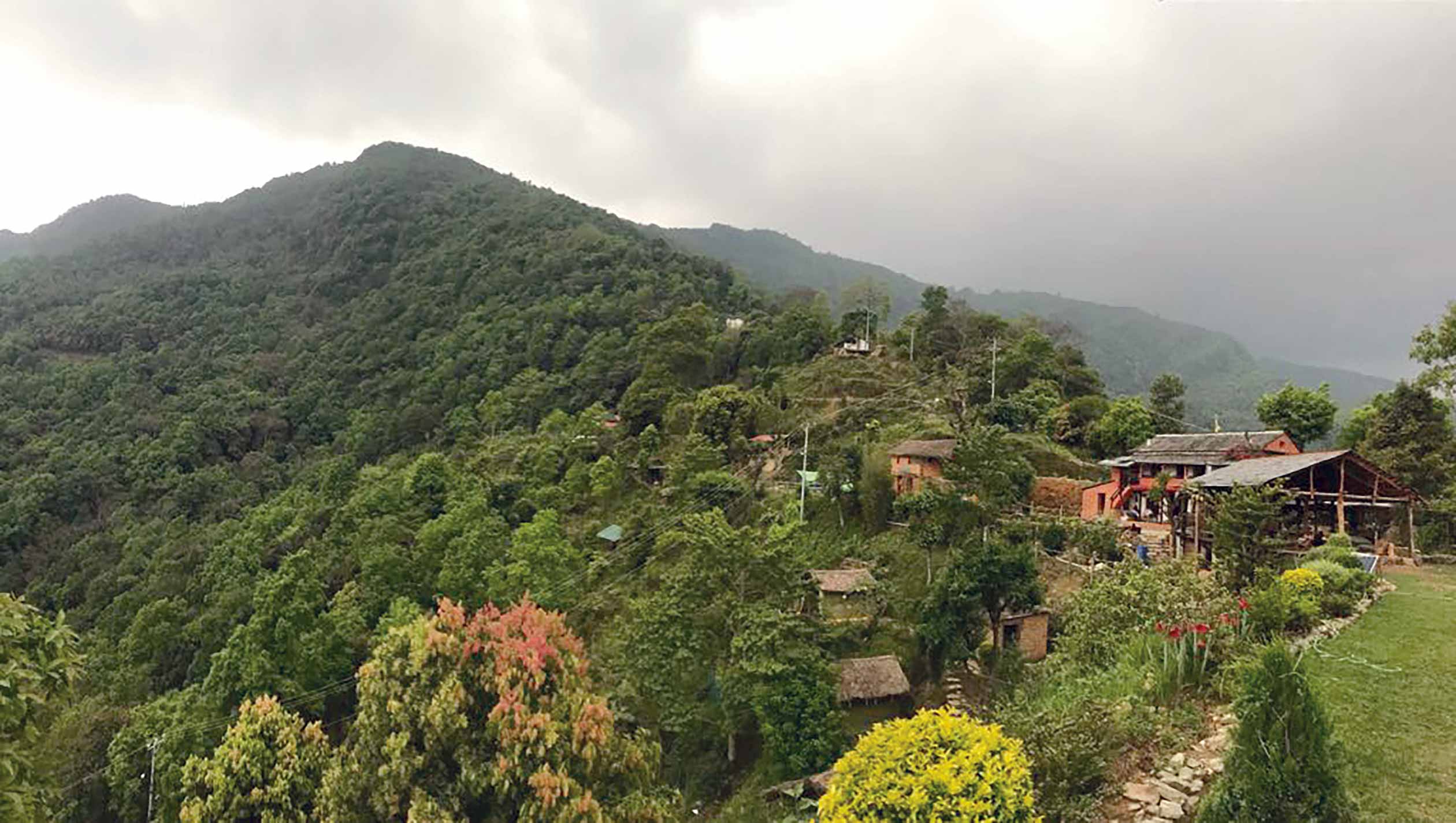Located in a small cul de sac behind the Russian Cultural Centre, in Kamal Pokhari is the Hua Tho Clinic - a sanctuary of healing for people from all walks of life. Wander in to this bright and sunny clinic and you are just as likely to encounter the head of a major NGO, as a Tibetan man, or a VSO, a bored expat, or old Newari woman being treated for circulation problems, or some bright young thing who wants to stay beautiful.
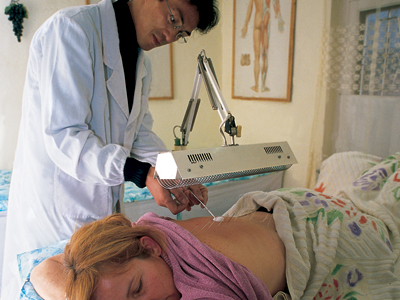 The clinic can mean almost all things to all folks, with wholistic solutions to innumerable health problems that range from sciatica to sinusitis, from wrinkles to crinkled wombs. (One woman who was treated for a hormonal imbalance, later produced twins - a fine testimonial to the powers of the all-natural treatments).
The clinic can mean almost all things to all folks, with wholistic solutions to innumerable health problems that range from sciatica to sinusitis, from wrinkles to crinkled wombs. (One woman who was treated for a hormonal imbalance, later produced twins - a fine testimonial to the powers of the all-natural treatments).
Much of the treatment is based around acupuncture and while some may find this form of treatment novel, or even scary, it is already very trendy in the west in some areas, and this is the real thing! Dr Jamal points out that acupuncture has been used with great effectiveness in China for more than 5,000 years, and what is more, he states, is that all treatments, and Chinese traditional medicine in general, is wholistic, treating the body as part of a whole, treating the causes not just the symptoms, and aiming for wellness in the patient, rather than filling them with harmful drugs. In fact in traditional Chinese society, doctors were only paid, when their patients were kept healthy and well. If they became too sick it meant that the doctor was doing his job badly!
Fifty something Tibetan Fatimah started the clinic in the late 1990’s with her son Dr Jamal who joined her in Kathmandu after completing his studies of traditional Chinese medicine at Beijing’s Traditional Chinese University. His first two years were spent mostly learning to identify the myriad herbs used in Chinese medicine and their properties. Five years of intensive study, was followed by two practical years as an intern - an important part of the training.
Fatimah herself has a different story. Growing up in China during the Chinese Revolution, there was no school teaching this discipline. She learned in the traditional way - under a master - an arduous but thorough process that was very much part of the old Chinese education system. She also studied drama and became a director, training that was put to good use when she first arrived in Kathmandu 18 years ago. She spent several years directing the Nepalese police force in the complicated Chinese style synchronized formation performances for the annual birthday celebrations of the former king and queen.
Interestingly, traditional medicine under the new communist regime was not shunned, as one would expect. Rather the discipline was encouraged. According to Dr Jamal, in the past years, there has been a lot of government sponsored scientific research conducted in the field of acupuncture. One of the areas that it is being used extensively is with anaesthesia where it is used in conjunction with small amounts of anaesthetics, rather than the typical large doses we are accustomed to in the west.
Last time I visited the clinic. I met with a Spanish woman who comes three or four times a year to lose weight. According to Dr Jamal, she sometimes comes straight to the clinic from the airport, her bags and luggage in tow as she rushes in to commence her treatment. She stays in Kathmandu for a few weeks at a time and “shrinks” a size or two. Using a mixture of acupuncture, auricle therapy and the pulsing machine, her metabolism is improved, her system becomes “balanced” and her weight is redistributed more evenly over her body. Even when the weight loss is only a few pounds, the body becomes firmer, tighter and more even. The shrinking comes from both weight loss and volume loss.
The range of treatments that the doctors offer varies widely and while a list of treatments will help to give some idea of what is available, you really need to consult with Dr. Fatimah or Dr. Jamal to get ideas for your specific problems. Acupuncture can help with facial paralysis after a stroke, arthritis, sciatica, headaches, migraine, dizziness spells, hypertension, asthma, epilepsy, insomnia, obesity, chronic gastritis, sinusitis, female problems, circulatory problems, emotional problems, depression, impotence, slipped disc and even beauty treatments.
As the treatments are wholistic, the aim is making a body function to its optimum ability so that we can all live our lives as fully as possible.

More than just your usual lapel pins
The lapel pin is a men’s accessory worn on the lapel of the jacket which serves as a...


